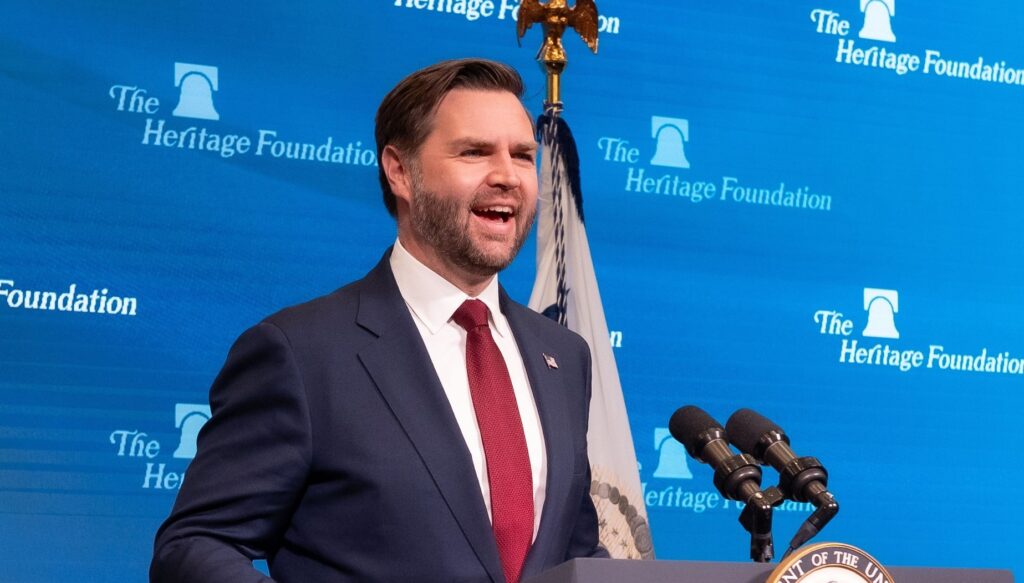As a programme alumnus of the fellowship Mr Bence Széchenyi harshly critiqued in a recent op-ed, I had the opportunity to socialize with him last year in Budapest. I observed that he quite enjoyed the programme’s perks, which he provocatively labels as ‘inducements.’ In truth, those perks provide excellent social and professional networking opportunities among fellows and a diverse array of international and local scholars. Does that constitute a propaganda machine or make for a valuable professional fellowship?
In labelling his fellowship and its hosts as propagandists, Mr Széchenyi has
carelessly denigrated the numerous non-partisan Hungarians and Americans who work tirelessly to ensure the success of all involved,
including him. That fact apparently never occurred to him. In fact, it seems that Mr Széchenyi’s inflated ego and storied surname may have clouded his judgment, as he was, by all accounts, the youngest, least accomplished, and, it appears, the most immature programme fellow to date. Every fellowship applicant should be so fortunate.
Setting aside any lingering animosity provoked by Mr S Széchenyi’s impoliteness, the aspiring Hungarian American journalist’s article contains factual inaccuracies.
He erroneously labels MCC as a university when, in reality, it is a widely recognized international organization focused on youth leadership development and talent management with conservative values.
The organization’s official website explicitly states: ‘MCC is not a competitor or an alternative to public education and higher education institutions; it operates independently from them.’
His explosive claim that MCC ‘funds academics who disseminate Orbán’s positions’ is as unoriginal as it is untrue. In my over two years of experience with MCC—ten months of which I worked directly with the School of Social Sciences and History—I found my professional and academic colleagues to be free thinkers who, while moderate to conservative, often engaged in spirited debate on issues ranging from climate change to education policy.
The same applies to my interactions with MCC Visiting Fellows, including Mr Rod Dreher, Dr Gladden Pappin, Dr Gad Saad, Mr Michael Shellenberger, Dr Peter Boghossian, and several others. To suggest that individuals of this calibre are mere Orbán sycophants is a gross misrepresentation, or perhaps a deliberate distortion, of the truth.
What truly unites these accomplished professionals is their readiness to question the prevailing far-left orthodoxy leading Western societies astray.
Could that be Mr Széchenyi’s actual objection?
This brings us to Mr Széchenyi’s concerns about MCC’s potential expansion to London, aiming to ‘extend its influence across Europe and beyond.’ To that, I say, ‘Bravo!’ In fact, we should all embrace this prospect. MCC fundamentally champions open inquiry, civil discourse, and academic collegiality. What is there to fear in those unless more sinister objectives, like censorship and authoritarianism, are truly the aim?








